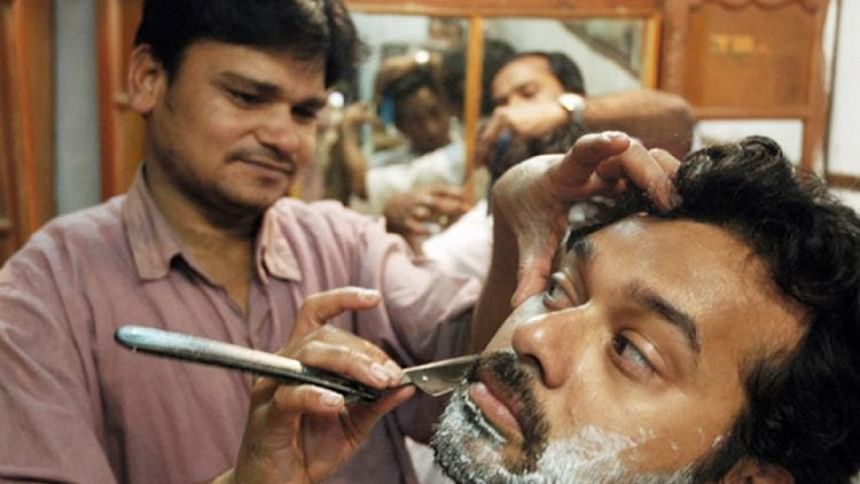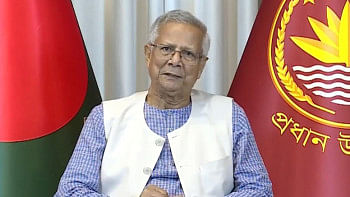Revisiting ‘Narosundar’: A tribute to Tareque Masud

Tareque Masud's films compel us to think anew. An archivist and a brilliant storyteller, he was fondly known as the 'Cinema Feriwala'. The artiste is an indispensable name when it comes to film studies. Masud and his close collaborator, cinematographer Mishuk Munier, passed away in a tragic car accident ten years ago, on this day.
In his short life, Masud offered us a handful of narratives that were subjected to different film formats. Among his well-known films, "Naroshundor" perhaps received appreciation in a small scale. The 15-minute short film encapsulates Masud's complex reading of history, outside grand narratives.
The film begins with fact-based three liners to set the tone. The words, 'Along with Bengali collaborators' and 'some members of urdu-speaking minority community' are the first manifestations of Masud's intention of breaking stereotypes. Set somewhere in Old Dhaka in 1971, the film opens with a raid by the Pakistani Army with local collaborators in different houses and spaces, in search of freedom fighters.
The young fighter they seek escapes through the narrow alleyways of Old Dhaka, and stumbles upon a barbershop named Dhaka Hair Salon for a quick shave to change his looks. He rushes inside and soon realises that he has put himself in more danger, because all the barbers are Urdu-speaking Biharis. From this moment begins an agonising journey that deals with mistrust, perceived truths, biases, misconceptions, and fear.
As a Bengali on the other side of the screen, the lenses of the protagonist become the eyes of the audience. His fear is transcended through the visuals and sound effects. The psyche of the 'Mukti' becomes the psyche of the viewers.
With similar biases, heightened by an urgent Urdu announcement on the radio that offers handsome prizes to any individual who would inform the Army about the Bengali fighter. The young man, a captive at the hands of the Bihari barber fears for his ill fate. The casual Urdu dialogues between the barbers solidifies his state of confusion and fear. The dialogues make light of the urgent announcement as one of the barbers says, 'They never mentioned if they want them dead or alive.'
Masud also incorporates a Hindu doctor at Ghosh Pharmacy who opens his door amidst the dangerous hour to treat the father of the young man shot by the Pakistani army. Staying honest to his profession, the doctor puts his life in danger and is eventually taken away by the Army. This part might appear as an exaggeration, but perhaps it was a much-needed hyperbole.
The third act of the narrative converges to an ideology, where humanity is given a chance over stereotypes. The Urdu-speaking men collectively save the young Bengali man from getting arrested by the Army men raiding the shop.
In his publication "Cholocchhitrojatra", Masud poses a question regarding the narratives of the Liberation War of Bangladesh in films. He inquires if it was possible to achieve a better understanding of the war, if each film had shed light on subjects that remain peripheral otherwise.
"Naroshundor" perhaps was an experimentation of his thoughts. Masud carefully chose the name, "Narosundar", to mean a hairdresser, over the much more widely used Bangla term, "Napit". Many still fall victim to the bandwagon effect, counting all members of the Urdu-speaking marginal community as collaborators. "Naroshundor" opens a window for people to reconsider such views.

 For all latest news, follow The Daily Star's Google News channel.
For all latest news, follow The Daily Star's Google News channel. 



Comments